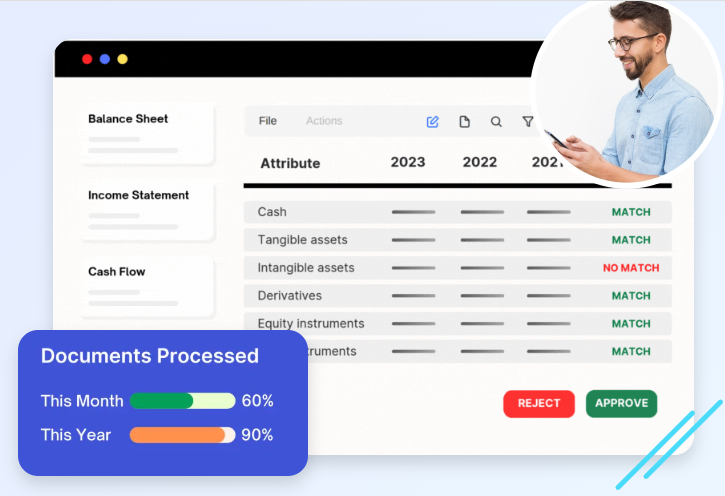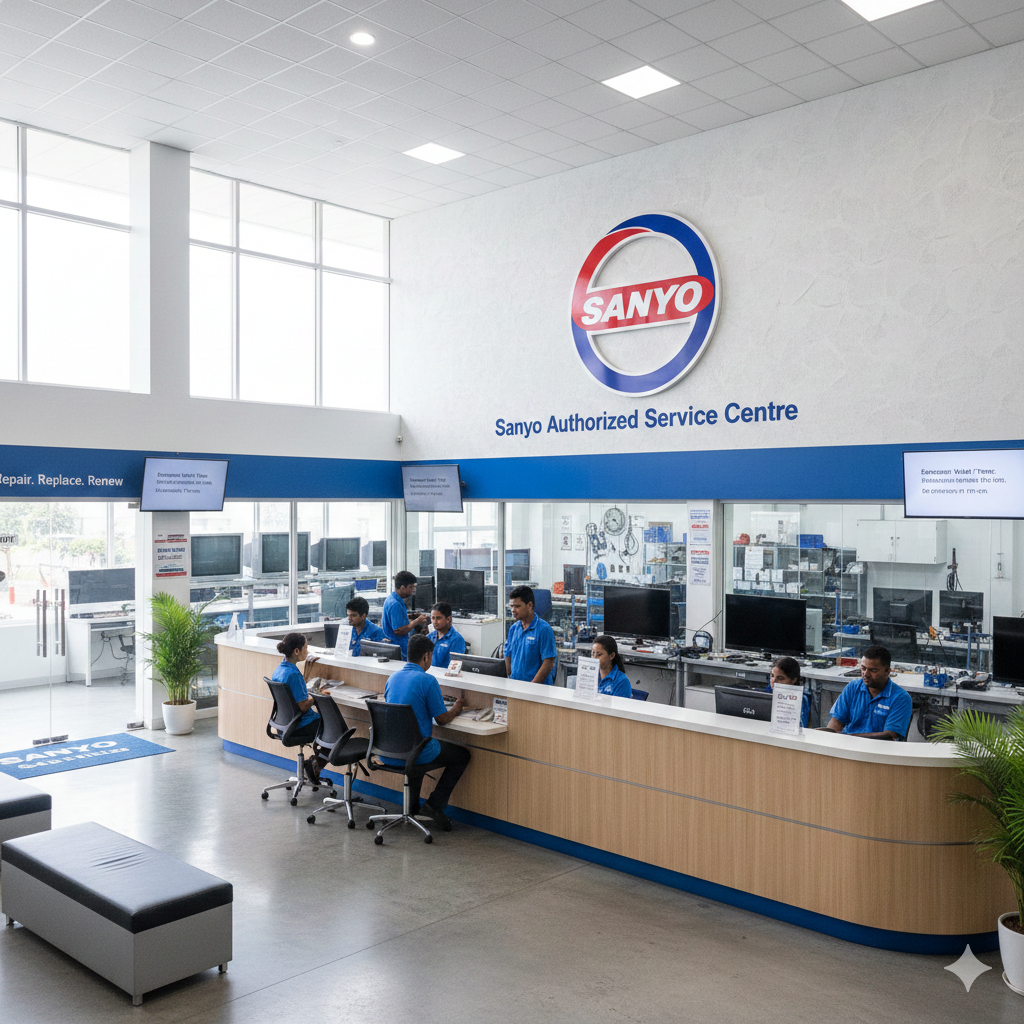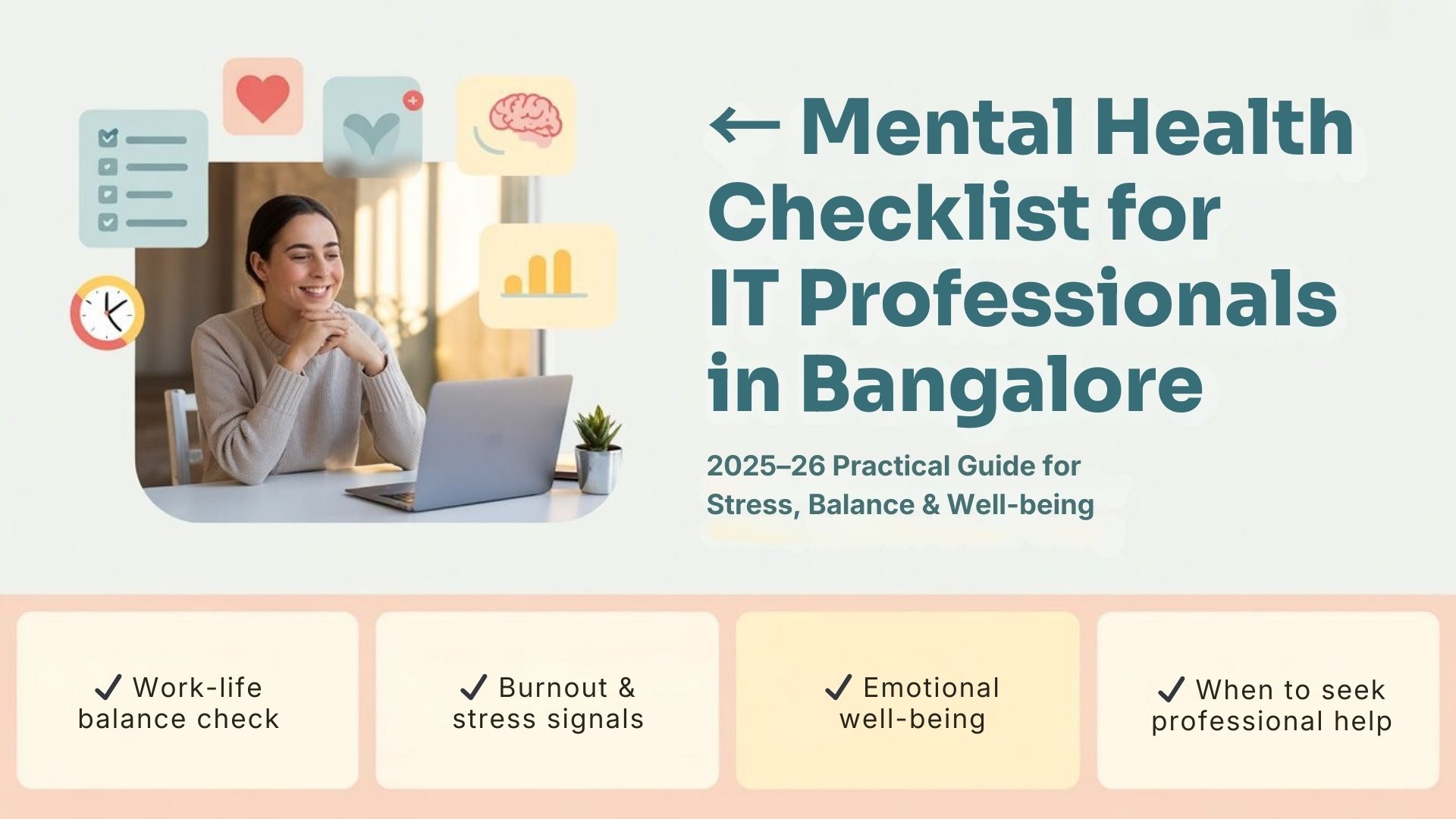Why Businesses Should Prioritize Cybersecurity in Website Development
Website security for enterprises is a non-negotiable aspect of all digital transformations. Businesses opting for website development cannot afford to treat security as an afterthought. Hackers lurk, data breaches loom, and customer trust hangs in the balance. A single vulnerability can unravel years of hard-earned reputation, drain finances, and invite legal nightmares. Companies must acknowledge this reality and embed cybersecurity into the core of their online presence from day one.
This blog explores this further to understand why prioritizing cybersecurity in website development helps eliminate cyber risk and ensure long-term success.
Benefits of cybersecurity for your business
Before we explore the why’s of cybersecurity, let us take a quick look at the benefits businesses gain by integrating cybersecurity measures. Data is always at risk from unauthorized access, misuse, interception and disclosure, and destruction. Cybersecurity is the practice of securing software and networks and making them inaccessible by eliminating risks and vulnerabilities. Hence, it is an important part of the website development process. Benefits of integrating cybersecurity measures- Protects sensitive data
- Helps preserve reputation
- Better data management
- Regulation compliance
- Streamlines access controls
- Helps improve trust and credibility
Why cybersecurity is important in website development
Here, we will list the essential points that make it beneficial to invest in comprehensive cybersecurity services. Remember, the ultimate goal is to ensure the reputation of the company and build trust and credibility among your target audience.Expertise Fuels Trustworthy Foundations
Building a secure website starts with expertise. Developers, designers, and business leaders must understand the threats targeting digital platforms. Cybercriminals exploit weak code, outdated plugins, and sloppy configurations. Skilled professionals who grasp encryption, secure coding practices, and threat modeling bring authority to the table. Their knowledge in protecting websites from cyber threats ensures your website stand firm against attacks like SQL injections, cross-site scripting, and phishing schemes. Customers and partners sense this competence. A site that loads fast and looks slick means nothing if it leaks data. Expertise in cybersecurity signals reliability, proving the business values protection over shortcuts. Companies lacking this know-how face a brutal wake-up call. Amateur efforts crumble under pressure. Outsourcing to seasoned pros or training in-house teams pays off. It’s not about slapping on a firewall and calling it done. It’s about weaving security into every layer, from back-end servers to front-end forms. This approach builds a fortress, not a house of cards.Experience Proves the Stakes Are High
Lessons from the front lines scream loud and clear. If you neglect data protection in web development, it will cost you dearly. Seasoned businesses know this. They have witnessed competitors limp away from breaches, bleeding revenue and credibility. A website serves as the digital face of a company. When it falls, the fallout ripples. Customers bolt, regulators circle, and lawsuits pile up. Experience teaches that proactive defense beats reactive panic every time. Hackers don’t care about a company’s size or niche. They probe relentlessly, hunting for weak spots. So how to prevent cyber attacks on business websites? Businesses with experience prioritize security audits, penetration testing, and real-time monitoring during development. They’ve learned that a breach isn’t a question of “if” but “when.” Acting on that wisdom keeps them ahead of the curve.Authoritativeness Sets the Standard
A website radiating authority doesn’t just attract visitors; it deters attackers. Cybercriminals sniff out soft targets. Companies that project strength through robust security measures send a message: “Not here.” Authoritativeness stems from visible commitment. SSL certificates lock down data in transit. Two-factor authentication guards user accounts. Regular updates squash vulnerabilities. These aren’t optional extras but the backbone of cybersecurity best practices for web developers. Customers notice. They gravitate toward businesses with integrated cybersecurity solutions because they scream professionalism. A site with a padlock icon and clear privacy policies earns loyalty. Search engines reward it too, boosting rankings for secure platforms. Authoritativeness isn’t fluff; it’s a competitive edge. Businesses that skimp on cybersecurity during development cede ground to rivals who don’t. The choice is stark: lead with strength or lag with weakness.Trustworthiness Wins the Day
Trust forms the currency of the digital age. Customers won’t engage with a website they don’t believe in. Cybersecurity underpins that belief. A business that prioritizes it during development proves it respects its audience. Transparent security practices, like clear data handling and breach notification plans, cement this bond. People want assurance that their information stays safe. They’ll abandon a site that does not know how to secure a website from hackers and malware. Remember, trustworthiness isn’t abstract; it’s tangible. Secure website development delivers peace of mind, turning visitors into repeat users. Businesses that ignore this during development roll the dice with their audience. One misstep, and the damage sticks. Rebuilding trust takes years; losing it takes seconds.The Cost of Neglect Hits Hard
Failing to prioritize cybersecurity isn’t a minor oversight; it is a recipe for disaster. Development teams rushing to launch often skip security checks, banking on “fix it later.” Later never comes. Hackers pounce, exploiting gaps left wide open and the aftermath stings. Stolen data triggers fines. Downtime kills sales. Public apologies erode confidence. Legal battles drain resources. Contrast that with the upfront investment in secure coding practices for websites. Locking down a website during development costs less than cleaning up a mess post-breach. Secure frameworks, routine testing, and employee training pay dividends. Businesses that front-load these efforts dodge the chaos of recovery. The math checks out: prevention trumps cure every time.Compliance Isn’t Optional
Regulations don’t mess around. Laws like GDPR, CCPA, and HIPAA demand airtight cybersecurity. Businesses operating online face strict rules on data protection. Non-compliance invites crippling penalties. A website built without security in mind flirts with disaster. Development teams must integrate features like data encryption, user consent tools, and access controls from the start. Ignoring this isn’t defiance; it’s folly. Regulators don’t care about excuses. A breach exposing customer info triggers investigations. Fines stack up fast, dwarfing the cost of early security measures. Beyond money, the reputational hit lingers. Companies that prioritize cybersecurity during website development sidestep this trap. They meet legal standards and prove they’re serious players. Compliance becomes a badge of honor, not a burden.Attackers Evolve; Businesses Must Too
Cyber threats don’t stand still. Hackers sharpen their tools daily, probing for fresh weaknesses. A website launched with yesterday’s security won’t survive tomorrow’s attacks. A bespoke website development firm in USA must account for this relentless evolution. Static defenses crumble; adaptive ones endure. Businesses prioritizing cybersecurity stay nimble and ready to counter ransomware, DDoS assaults, and zero-day exploits. This means embracing cutting-edge practices. Secure APIs, intrusion detection systems, and AI-driven threat analysis keep pace with the enemy. Developers must know what SSL vs TSL means for website protection. They must learn to anticipate, innovate, and strengthen their security measures. Companies that treat security as a one-and-done task get left in the dust. The fight never ends; neither should the commitment.User Experience Ties to Security
A great website hooks users with speed and design, but security seals the deal. Cumbersome patches or constant warnings scare people off. Cybersecurity done right enhances the experience, not detracts from it. Smooth logins, fast load times, and zero interruptions flow from a well-secured foundation. Visitors stick around when they feel safe. Think about mobile users. They browse on public Wi-Fi, ripe for interception. A site without end-to-end encryption hands its data to hackers. Businesses that prioritize security during development deliver seamless, protected interactions across devices. User experience and cybersecurity aren’t rivals; they’re allies. Nail both, and the payoff is massive.Reputation Hangs in the Balance
A single breach can kill a company’s image. News spreads fast, and customers don’t forgive easily. Businesses that skimp on implementing a cybersecurity strategy gamble with their reputation. A secure site, on the other hand, builds a rock-solid reputation. Word gets around: this company doesn’t mess around. Partners, investors, and clients take notice. Reputation isn’t rebuilt overnight. Once tarnished, doubt festers. Proactive security flips the script. It positions a business as a leader, not a liability.Conclusion
Cybersecurity is a necessity. Businesses pouring effort into secure website development build stronger trust, lower risks, better compliance, and a sharper edge. The costs of neglect dwarf the investment in protection. Every click, every transaction, and every user hinges on a secure foundation.
Post Views: 333


 English
English 






























































































































































































































































































































































































































































































































































































































































































































































































































































































































































































































































































































































































































































































































































































































































































































































































































































































































































































































































































































